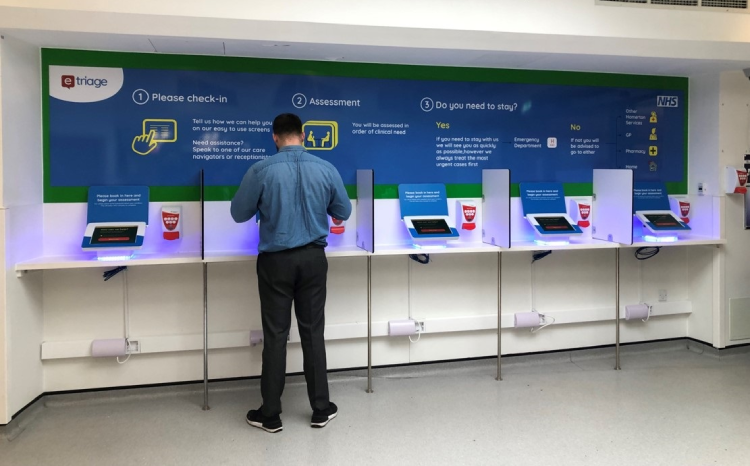London Ambulance computer crashes nine times
- 29 August 2006
London Ambulance Service 999 emergency operators have been forced to manually write down emergency details and alert paramedics by radio, due to their computer system crashing nine times in the last fortnight.
The system is supposed to feed emergency calls into a computer, and automatically alert the nearest ambulance. However an unspecified technical problem has led to the system repeatedly crashing over recent weeks.
A London Ambulance Service spokesman told E-Health Insider: “We do not believe it puts patients’ lives at risk. Our staff work hard to ensure that paramedics attend scenes as fast as they can get them there and are transported to hospital as soon as possible.”
As a result, staff have had to note down messages using pen and paper, and refer to maps of London districts to communicate with the nearest paramedics, resulting in delays between the phone call and the ambulance arriving to the patients.
The spokesman added: “Using paper to take call details was a tried-and-tested system, and one previously used a few years ago.”
The spokesperson said that the manual system was slower. “It did take slightly longer than normal to deal with calls and through local district maps, staff had to repeat noted messages to local paramedics over the radio system, as opposed to electronically.”
Nick Rigg, communications manager of the National Patient Safety Agency told E-Health Insider: “This is an issue which should be dealt with quickly, especially in a big city like London, where ambulances are needed constantly.”
Rig added: “It is worrying that such a vital computer system could crash so many times, and we have expressed our concerns to the NHS chiefs in charge of the trust. After all, these are patient’s lives that we are talking about, and it is our duty to ensure that all NHS patients are treated as efficiently and effectively as possible.”
An LAS spokesman told EHI that the system has now been repaired, and they do not expect the system to crash again, after IT specialists were called in to look at it.
In June, the London Assembly criticised LAS’s communication strategy in a report on communications during the 7/7 bomb attacks.
Link
Communication problems beset 7 July response




